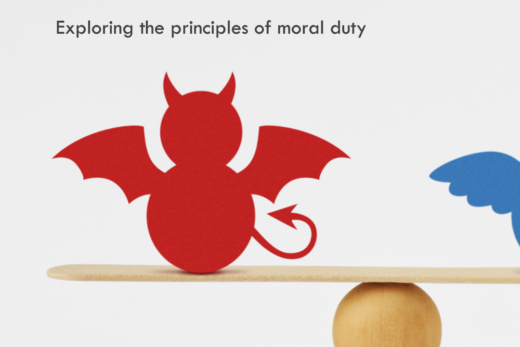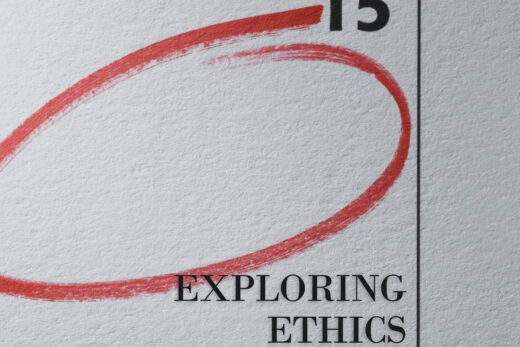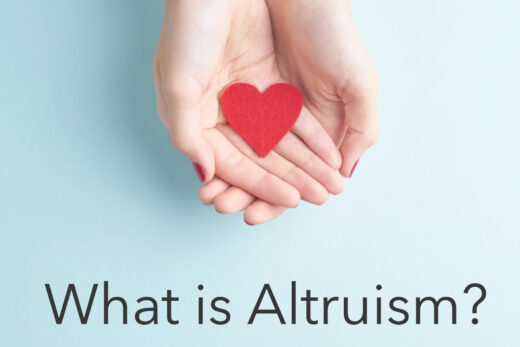Introduction
Virtue ethics, a prominent branch of moral philosophy, emphasizes the importance of moral character in guiding human actions. Unlike other ethical frameworks that focus on rules or consequences, virtue ethics is primarily concerned with the role of character in moral life. This article delves deep into understanding the intrinsic role of character in virtue ethics and how it influences ethical decision-making.
What is Virtue Ethics?
Before understanding the character’s role, let’s get a brief overview of virtue ethics. Virtue ethics, rooted in the teachings of ancient philosophers like Aristotle, posits that ethical behavior isn’t just about following a set of rules or aiming for certain outcomes but nurturing and cultivating virtues within oneself. These virtues guide our actions, intentions, and emotions.
The Centrality of Character in Virtue Ethics
Aristotle believed that virtues like courage, temperance, and justice aren’t just habits but deeply ingrained aspects of a person’s character. This means that moral behavior isn’t just about ‘doing’ but also about ‘being’. The role of character in virtue ethics is thus foundational. It’s the moral compass guiding us through the complexities of life.
Character acts as the fulcrum around which moral decisions revolve. It’s not just about knowing what’s right but being disposed to act rightly, even in challenging situations. This predisposition emerges from a cultivated character.
Ethical Decision-Making: How Character Plays Its Part
When faced with moral dilemmas, individuals with a well-nurtured character are more inclined to make decisions aligned with their virtues. This doesn’t mean they’re infallible but they possess a moral clarity derived from their virtues.
For instance, a person with the virtue of honesty would naturally lean towards telling the truth, even when lying seems beneficial. This is because their character, shaped by virtue ethics, instinctively drives them towards truthfulness.
The Nuances of Character and Decision-Making
It’s essential to recognize that character isn’t static. It evolves and adapts. Our past decisions, experiences, and reflections shape our character, which in turn influences future decisions. This cyclical nature signifies the dynamic role of character in virtue ethics.
Moreover, while virtues guide us, they don’t offer black and white answers. Ethical dilemmas often reside in gray areas, and that’s where character, molded by virtues, provides the necessary discernment.
Conclusion
The role of character in virtue ethics isn’t merely instrumental. It’s the heart and soul of this philosophical tradition. As we navigate the maze of life’s ethical challenges, it’s our character, refined and nurtured by virtues, that lights the way. Embracing and understanding this can lead to richer, more ethically grounded lives.




